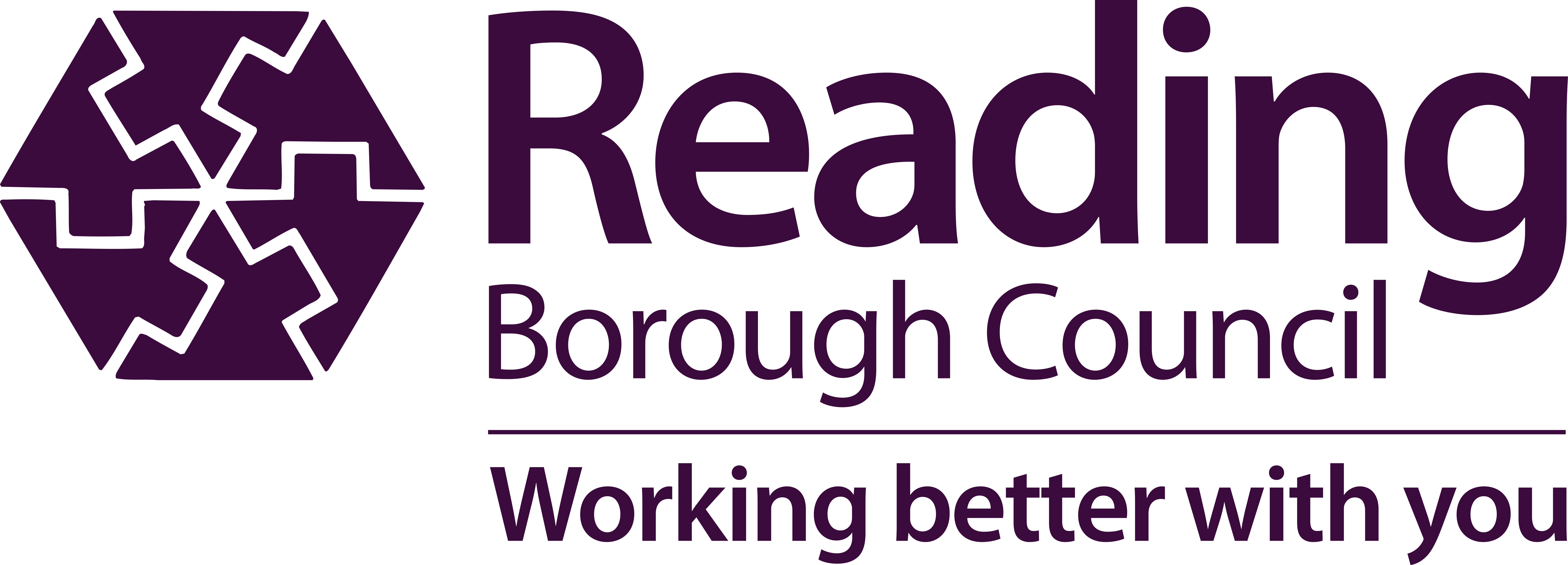Reading’s Domestic Abuse and Safe Accommodation Strategy 2023 – 2026
Feedback updated 7 Mar 2023
We asked
We asked the residents of Reading to comment on the priorities we developed for our new Domestic Abuse and Safe Accommodation Strategy.
You said
Most of the respondents felt the proposed strategic priorities were right (36 of the 46 responses - 78%)
There were clear themes identified in the feedback across the consultation. When asked about ‘comments regarding the priorities’ if the priorities ‘highlight victim-survivor needs and ‘what is missing in reducing the prevalence of domestic abuse’, many respondents had similar comments, which have been themed and explained below:
Housing
- There is a lack of freedom with housing choices, with many victim-survivors often told to re-house themselves, rather than being able to remain safe in their own homes.
- There is a need for more flexible housing solutions to accommodate victim-survivors (with different needs) and their children
Education and training
- Better training materials need to be made available in schools to prevent cycles of abuse at an earlier age.
- There needs to be more specific and targeted trainings provided, e.g., training for professionals on court guidance and community domestic abuse awareness raising sessions
- Training should be provided to professionals around perpetrators
Support services
- To increase support workers as there are often long waits for support programs
- Increase community-based support and interventions
- An attention to perpetrator programs to hold perpetrators of abuse accountable
Community engagement and domestic abuse awareness
- More widespread campaigns in all communities to increase domestic abuse awareness across Reading
- Making domestic abuse more visible within the community
Accessibility
- Support for those with no recourse to public funds needs to be accessible
- Support and services for male victim-survivors needs to be accessible
- Support and services for the LGBTQIA+ needs to be more accessible
- Support and services for those who identify as disabled needs to be more accessible
We did
We shared these findings with the Domestic Abuse Partnership Board, which is a collaborative, multi-agency partnership working together to reduce the prevalence and effects of domestic abuse within Reading. The partnership is made up of: Reading Borough Council, Thames Valley Police, Adult Social Care, Brighter Futures for Children, Drug and Alcohol Services, Berkshire West Integrated Care Systems, Berkshire NHS Foundation Trust and organisations within the Voluntary sector who specialise in domestic abuse and domestic abuse within the LGBTQIA+ communities.
The findings and comments provided by the respondents were themed, shared and discussed with the Board. As the majority of respondents had agreed with the proposed strategic priorities, it was agreed by the Board to keep the priorities the same without any changes. However, the comments and issues discussed within the consultation have been highlighted in the wider Reading’s Domestic Abuse and Safe Accommodation Strategy 2023-2026, which has now been published, you can find our strategy here: Domestic Abuse and Safe Accommodation Strategy 2023-2026
Overview
Domestic abuse is a public health issue, which can affect anyone regardless of their age, sex, race, gender identity, sexual orientation, religion and disability. The Domestic Abuse Act 2021, defines Domestic Abuse as individuals aged 16 and over who are ‘personally connected’ to one another who may be experiencing behaviours inclusive of:
- Physical abuse
- Sexual abuse
- Violent or threatening behaviour
- Controlling or coercive behaviour
- Economic abuse
- Psychological, emotional or other abuse
The new Domestic Act 2021, has placed statutory requirements on all local authorities to:
- Establish and appoint a Domestic Abuse Local Partnership Board
- Complete a needs assessment to identify the need for accommodation-based domestic abuse support for victims and their children.
- Establish a Domestic Abuse Strategy to set out how those accommodation-based support issues will be provided inline with the needs assessment
- Act on gaps identified through the strategy and needs assessment through commissioning/decommissioning processes, including safer accommodation provision
- Evaluating the effectiveness of the strategy annually through an action plan
This has helped inform the draft Domestic Abuse and Safe Accommodation Strategy 2022-2025 which builds on the partnership work undertaken previously to reduce the prevalence of Domestic Abuse in Reading. The Board has developed the following proposed priorities, which the new strategy will focus on over the next 3 years:
Proposed priorities
Effectively commission refuge and support services to provide safe and permanent accommodation for all victim-survivors and their children
Raising community awareness about Domestic Abuse and regularly review the effectiveness of training provided to all professionals supporting victim-survivors of Domestic Abuse
Improve engagement with marginalised communities to encourage and gain the trust of those with protected characteristics to help remove barriers when accessing services
Develop and support a multi-agency approach to working with a range of service users, for example, perpetrators of Domestic Abuse and victim-survivors (irrespective of gender/sexuality identity)
Develop further support pathways that focus specifically on the needs of children and young people who have experienced, lived, have lived or witnessed Domestic Abuse
Once you have read through these priorities, you can complete the questions in the following section, by clicking on the link below.
This survey will close at midnight on Monday 5th September 2022
Areas
- All Areas

Share
Share on Twitter Share on Facebook